How To Go From Hawking Second-Hand Clothing To Erecting Buildings? Ask This Relentless Entrepreneur From Tanzania
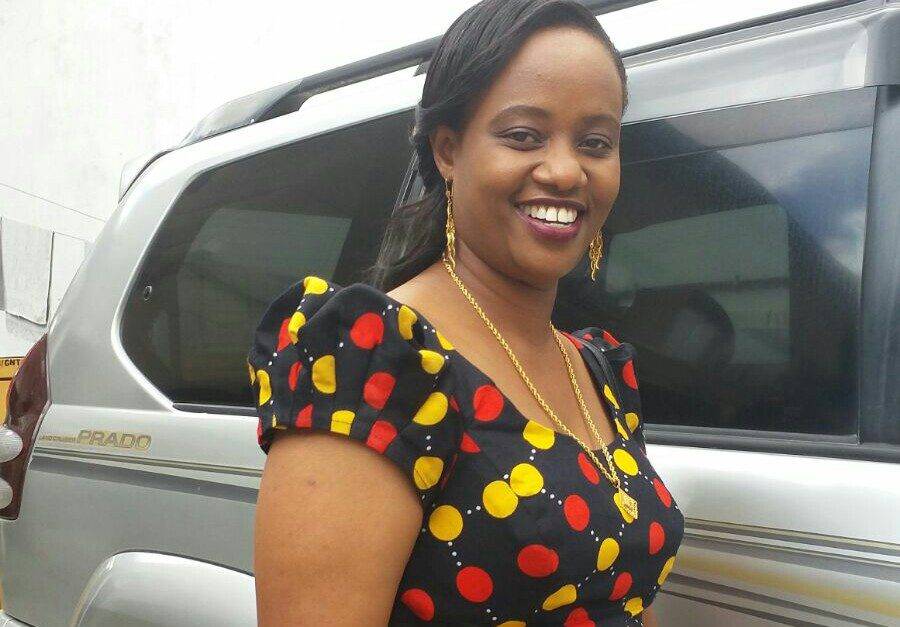
Way before she worked her way to the top of what is largely considered the turf of the menfolk in Tanzania, Maida Waziri Juma was something of an adventurous entrepreneur who had tested the waters in so many ventures and achieved mixed results.
In a storied entrepreneurial journey that began on the outskirts of Dar-es-Salaam, at different points, the Tanzanian entrepreneur has done all of selling second-hand clothing, rearing cattle, managing ‘dadadalas’ (public minibuses), selling office supplies, uniforms, furniture, and car seat covers, as well as running a sea transport business that had to be abandoned for fear of finding herself in a “Titanic situation.”
As much as some of these undertakings turned out to be successes, there were just as many that were downright fiascos. But one thing that has remained constant all through the journey is her willingness to keep plucking away regardless of debacles. And that’s what’s brought her thus far.
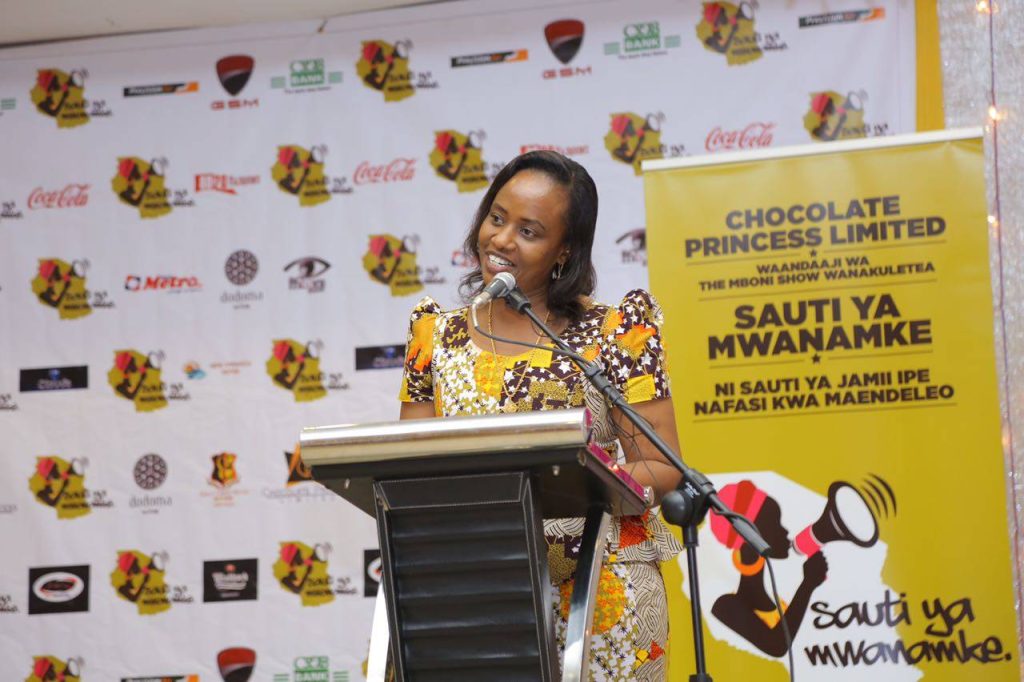
There are those who are deterred from their goal after a first unsuccessful crack at it. There are those who manage a few more tentative, half-hearted attempts after an initial plan fails.
But in Maida’s case, it’s about stepping on the gas with eyes on the price until the goal is reached. To her, it doesn’t matter how many times you have to start all over again – if something doesn’t work out as you’d hoped, that’s probably your cue to pivot and start something new.
“I walk around with my eyes wide open for opportunities. Following my instincts has served me well when chasing business deals. You don’t need an education to start a business, you just need creativity, the ability to understand what customers need, and the courage to follow through,” she says.
Back in high school, Maida probably had her head wrapped around business more than she cared about school lessons. She’d walk to school daily looking at street vendors with longing, wondering what it felt like to be a business owner.
Maida was 16 when she completed high school and after sitting for the O-Level exams, she had only one thing in mind. And it had nothing to do with advancing her education. Actually, her parents wanted her to continue schooling but strong-willed as she was, she had other ideas.
To the dismay of her folks, she opted to dive right into the world of business, even though she knew next to nothing about running one, nor did she have any idea what kind of business she wanted to venture into.
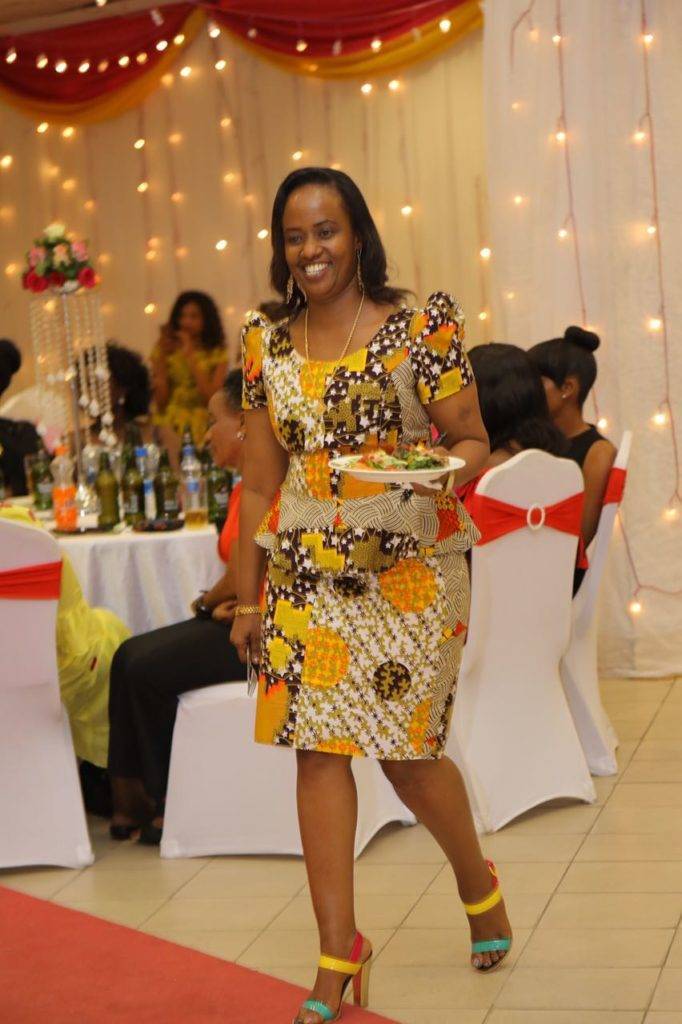
By following no more than instinct and perhaps considering how much money she could lay hands on as starting capital, she decided to join the scores of men who were known to hawk second-hand clothing around neighbourhoods.
With no more than USD 12.00 – an amount she had probably accumulated from years of forcing loose change into piggy banks – she started the business. At the time, it was not known for women to venture into that type of trading, but Maida had no trouble being the only female in the game.
“Every morning I would get up at 4 a.m. and spend the day walking long distances selling mitumba (bundles of second-hand clothes),” she recalls.
“It was exhausting and there were harsh words from many people as I was the only female hawker in sight. By the close of day, my whole body ached, but seeing that profit gave me the strength to do it all over again the following morning.”
Bundle by bundle, Maida racked up profits from the second-hand clothes business and with some parts of the money she made, she enrolled for a tailoring course at YMCA College, while still hawking the used wears.
Within twelve months, she was able to rent a shop of her own from where she made clothes for people
Maida’s entrepreneurial efforts did not cease even after moving in with her husband. If anything, it gained momentum. Even as she couldn’t continue with the clothing business, she found a new income source in rearing cows for milk and producing car seat covers for government vehicles.
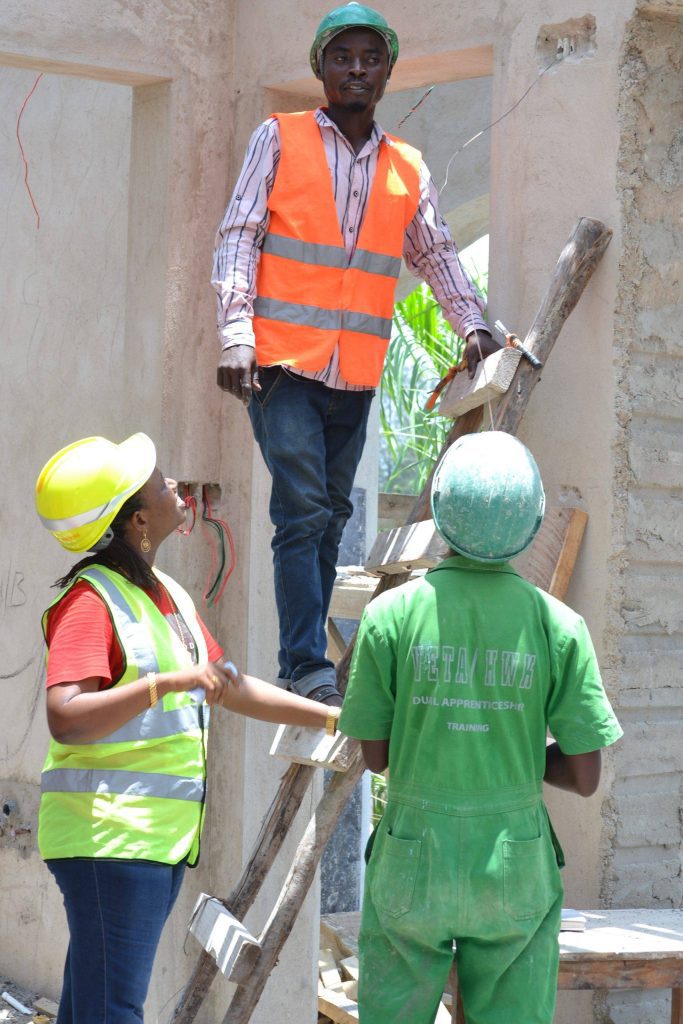
She called this new business: Ibra Ventures, and the business was supported in no small part by a tender she won which helped to facilitate its operations. Ibra Ventures was her first big break as it also saw her make her first One Hundred Million Tanzanian Shilings (around USD 50 K), with which she ventured into other businesses – supplying office stationery, furniture, and offering carpeting services to corporate clients.
It was a business that was holding its own quite well and Maida seemed comfortable with the way things were going, but that was up until she had her next big revelation.
On many visits to the offices of her clients, she couldn’t help but notice how run down some of the structures were. She soon found herself wondering how the market would respond to a construction company that offered very decent and affordable construction services.
It was just a thought that flashed through her mind on one of those visits but as she’s probably incapable of passing up on an opportunity, and a good one at that, she found herself studying the sector and getting drawn into the opportunities that seemed to abound.
“I’ll never forget the day I told my friends and family that I had registered for a construction company. Most of them thought I was mad. I had no background in the profession, no experience, so no one encouraged me,” she says.
”I was told I was wasting my time and money. But I didn’t listen to anyone, only my heart. I had seen a need. I had seen a business opportunity.”
And that was probably all that mattered. Fast forward 17 years down the line and her construction company, IBRA Contractors, has become one of the most sought-after general contracting firms in Tanzania, employing over 300 direct and indirect workers.
When Maida got the company off the ground, it was just a Class-7 firm that handled simple renovations and sold building materials. Today, it is a Class-2 registered building and civil engineering firm that is known for the quality of its work, timeliness, and on-budget delivery of projects, amongst which the construction of bridges, roads, high-rise buildings, and dams rank high on its list of undertakings.
Since inception, IBRA Contractors have also completed up to 200 other projects, including such high-profile ones as the People’s Bank of Zanzibar, National Microfinance Bank, and the Sinza District Court.
In 2011, the then Tanzanian, President Jakaya Kikwete, pronounced the IBRA Contractors as the best female-owned construction firm during the opening ceremony of the country’s annual gathering for engineers and contractors.
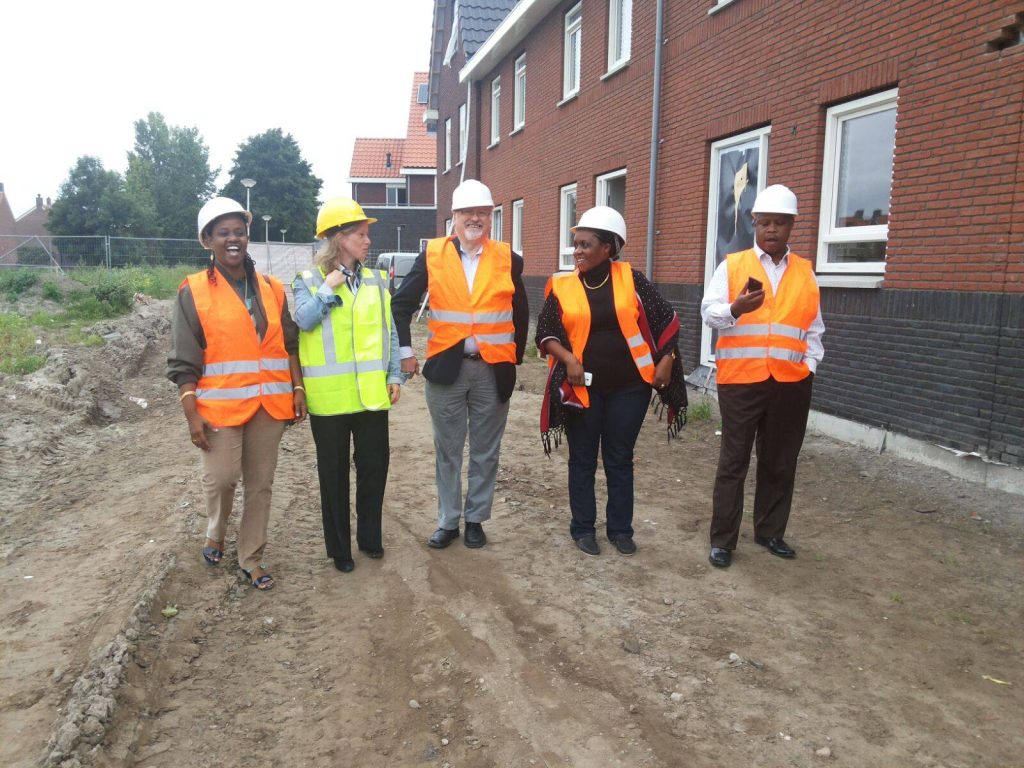
These days, though, the Tanzanian entrepreneur probably has in her sights the vision of growing the company into the undisputed best performing construction firm in the whole of Tanzania.
There will certainly be obstacles along the way – some more gender-related than others – but Maida seemed to have built an entire career out of surmounting them, and perhaps accomplishing feats many told her she had no business trying out in the first place.
In efforts aimed at assisting other women who may be facing challenges in setting up business of their own and getting the door slammed shut in their faces by people who are of the opinion that they don’t stand a chance, she established VoWET (Voice of Women Entrepreneurs in Tanzania); a dynamic non-profit women’s partnership that seeks to revolutionize the way women do business in Tanzania.
By combining advocacy with capacity-building and networking, the organization has its sights set on harnessing female power for nationwide economic transformation.
Ibra Afrika happens to be her most recent undertaking. This new holding company has a lineup of new housing estates within Tanzania and there are talks of making a play outside the shores of the country to explore opportunities in the East African market.
Maida Waziri Juma attributes her creative thinking and mindset to those years she spent as a lowly Mitumba seller in the streets of Tanzania, adding that it made her realize that customer needs make the most viable business opportunities, and she’s still on the lookout for more. And who knows what other tricks she has up her sleeve?
Featured Image Courtesy: maidawaziri.com